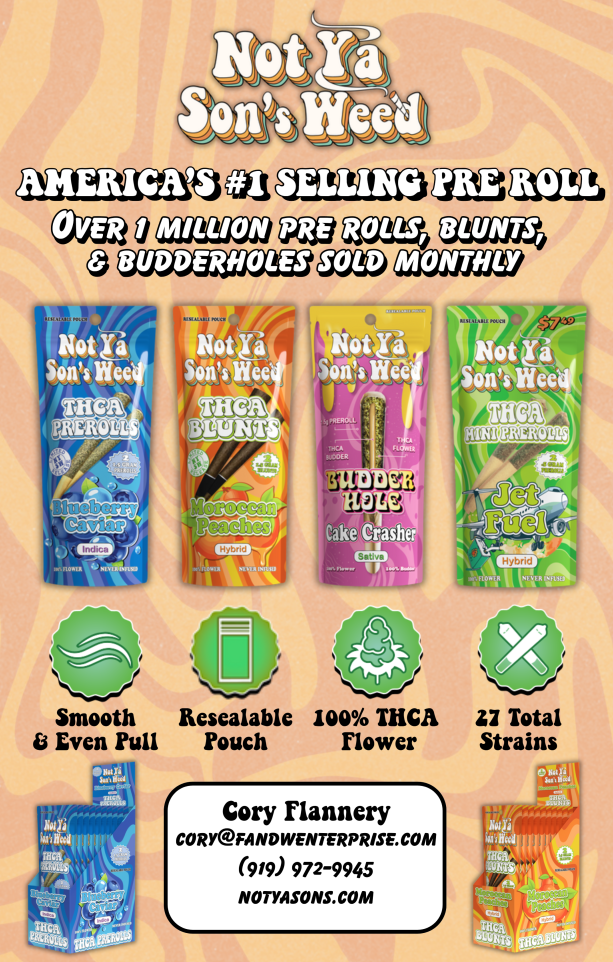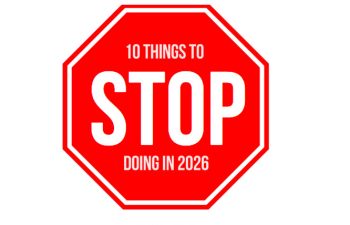The Redemption of Rick Ross, Vol. II
By Matt Weeks
When “Freeway Rick” Ross was perp-walked into prison, he was worth millions of dollars, owned multiple properties, and had a network of associates that stretched from the Pacific to the Ohio River. When he was released, he didn’t even have his own name.
Penniless, he moved between living in his car and staying with his mother, all the while trying to leverage his connections into a job. But nothing hit. His properties had long been seized and sold. The same people who had once tried to get close to him wouldn’t call him back. And his millions of dollars had all been siphoned into the pockets of lawyers and the government.
Even the name “Rick Ross” was associated with someone else. A former correctional officer took it as his rap name and began releasing albums while Freeway was still in jail. Ross sued the rapper for $10 million, but the suit was dismissed on First Amendment grounds.
Desperate and broke, Ross made a pilgrimage to the holy land of the frustrated and the under-employed: The Joe Rogan Experience.
The Great Right Hope
Most people in Ross’s position—former multi-millionaires, CEOs, the Jordan Belforts of the world—don’t take regular jobs after their fall from grace. Once you’ve been part of the .01 percent, it’s hard to start over at the bottom. When you’re a convicted felon who’s been blamed for single-handedly fueling the crack epidemic, it’s even harder.
But Ross never saw himself that way. In his mind, he was a reformed drug dealer with a high business IQ. He’d run an international operation that netted millions per day. Surely those skills were transferable.
“I only sold crack for a few years. I was in jail longer than I was a drug dealer,” Ross said. “And I’m really, really good with handling money. To think that nobody would have stepped up? There were so many people who praised my past but wouldn’t come forward to assist me in my future.”
All people wanted from him was his story. So he tried to sell it. He showed up to Rogan’s podcast studio, hat in hand. He told the host, “Joe, I’m broke, man. I’m doing bad.” Rogan suggested he sell T-shirts to make money.
“I was a little let down by that,” Ross said. “I felt that $100,000 would have been a lot better than the idea to do a T-shirt. But that’s what it was.”
Ross took the advice anyway. He printed 100 shirts that read, “The Real Rick Ross is Not a Rapper” and returned to the streets to make sales. The first run was gone in less than a day. That led to a second run, then a third.
Soon, Rogan invited him back for a follow-up episode, and Ross brought along his shirts. The sales he made from that episode allowed him to move his partner and two young daughters into their first apartment.
More success followed. He wrote an autobiography, then a personal development guide, then another. He began speaking to inmates, schoolchildren, and community groups. He was the subject of the Netflix documentary, “Freeway Rick Ross: Crack in the System” and became the inspiration behind the show “Snowfall” (for which he wasn’t paid).
Now, he’s turned his attention to a new cannabis venture that he insists will not only help to change the narrative of his life but be a force for good in his community.
There were so many people who praised my past but wouldn’t come forward to assist me in my future.

Survival of the Fittest
Throughout our interview, Ross regularly stops and talks to people. Most of them come up to him, seemingly unaware that he’s already engaged in conversation and begin talking. A young couple call out to him to buy vegan food from their pop-up. A lady pumping gas stops him to tell him to have a nice day out here. Two guys strolling by ask him about the T-shirt he’s wearing (it’s got his picture on it).
Over the course of two hours, he talks to more strangers than I do in a week. I point out what’s happening, and Ross shrugs it off. This is every day for him.
“When I go places, even people who don’t know me, they just—I don’t know. It’s like people just be drawn to me. I kind of got this magnetism,” he said. “You know, even when I was a kid, my mom used to tell me, ‘Boy, you the ring leader.’ because I was always getting all my cousins in trouble, even the ones older than me. People just like me.”
This is categorically true. And there’s no denying that his life story has an arc that would make a great movie. But sometimes what he says seems hard to believe, even for someone with a uniquely interesting life. It’s not that I think he’s lying. It more feels like he’s telling a joke that only he is in on.

When I go places, even people who don’t know me, they just—I don’t know. It’s like people just be drawn to me. I kind of got this magnetism.
When we discussed the pandemic, he insisted his doctor encouraged him not to get the vaccine. He regularly says things that I want to interrogate, like “I’m vegan, so I don’t eat potatoes anymore,” but we never quite get there because our time is limited, and I want to understand how he’s made peace with his past.
I ask him, what hurt the most—getting betrayed by your business partner who partnered with the CIA to take you down, having your name stolen by a rapper who wanted to seem more dangerous than he was, coming out of jail only to find that every friend you made has deserted you, or having your life story stolen for a Netflix show?
“They all kind of feel the same,” he says. “You know, when a lion kills an elephant, it’s not the first bite that kills it. If the lion only bites it one time, more than likely that elephant is gonna live. It’s the continuous biting that takes the animal down. And, you know, I feel like people continually take from me, and what I have to do is to survive all of those different bites.”
As he explains this, everything snaps together. I think back to his latest run-in with the cops. He was pulled over in 2015 on Highway 101 by a sheriff’s deputy who claimed to smell marijuana. After searching the car, the officer found more than $100,000 in cash and arrested Ross on suspicion of selling drugs.
The money came from book sales and a speaking engagement. Ross was on his way to negotiate the sale of a house, and he wanted to bring the cash to demonstrate he could afford to make rent (felons have a hard time securing bank loans). The charges were ultimately dropped, and the money returned—but it’s easy to imagine things turning out differently.
His new cannabis dispensary, L.A. Kingpins, is a nod to his survival. At 63, he still dreams big. He has plans for the dispensary to bury the competition, support the community, and change his legacy once and for all.
After a lifetime of millions of dollars and dozens of ventures, the one thing Ross still owns is the rest of his life’s story. He wants his legacy to be an arc of redemption, not a cautionary tale. And he’s determined to write it his way.
“I think about my legacy and my two babies, and I think it’s better than what people know about me. I’m not what people think. I feel right now that I’m the richest man on the planet because I help people all the time,” he said. “That’s what I’m doing when I’m talking to them. I’m always giving up game.”




















